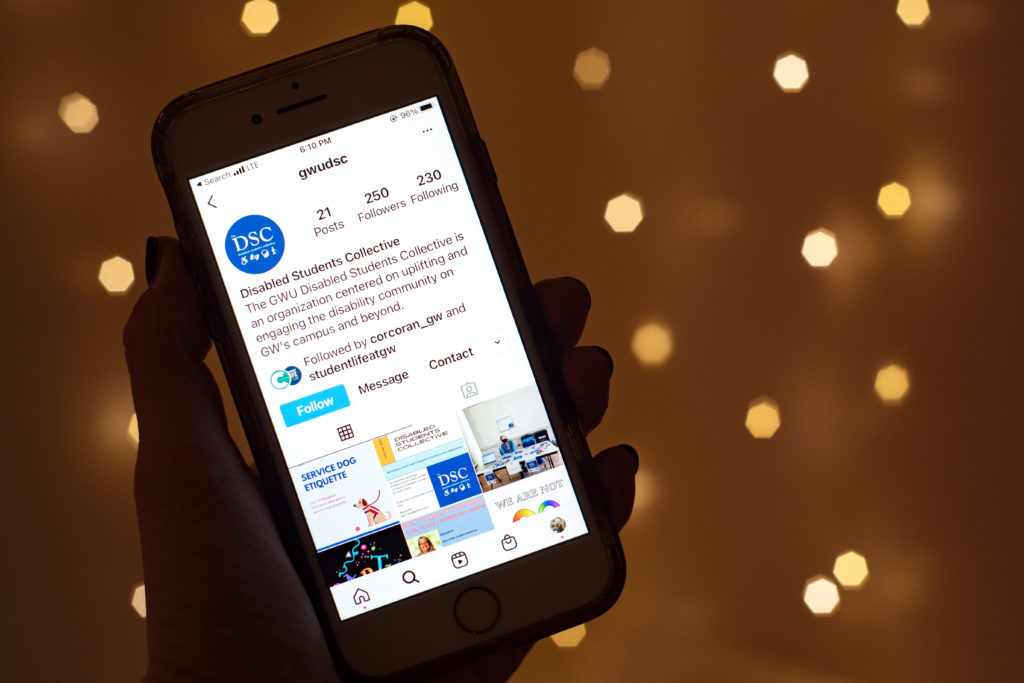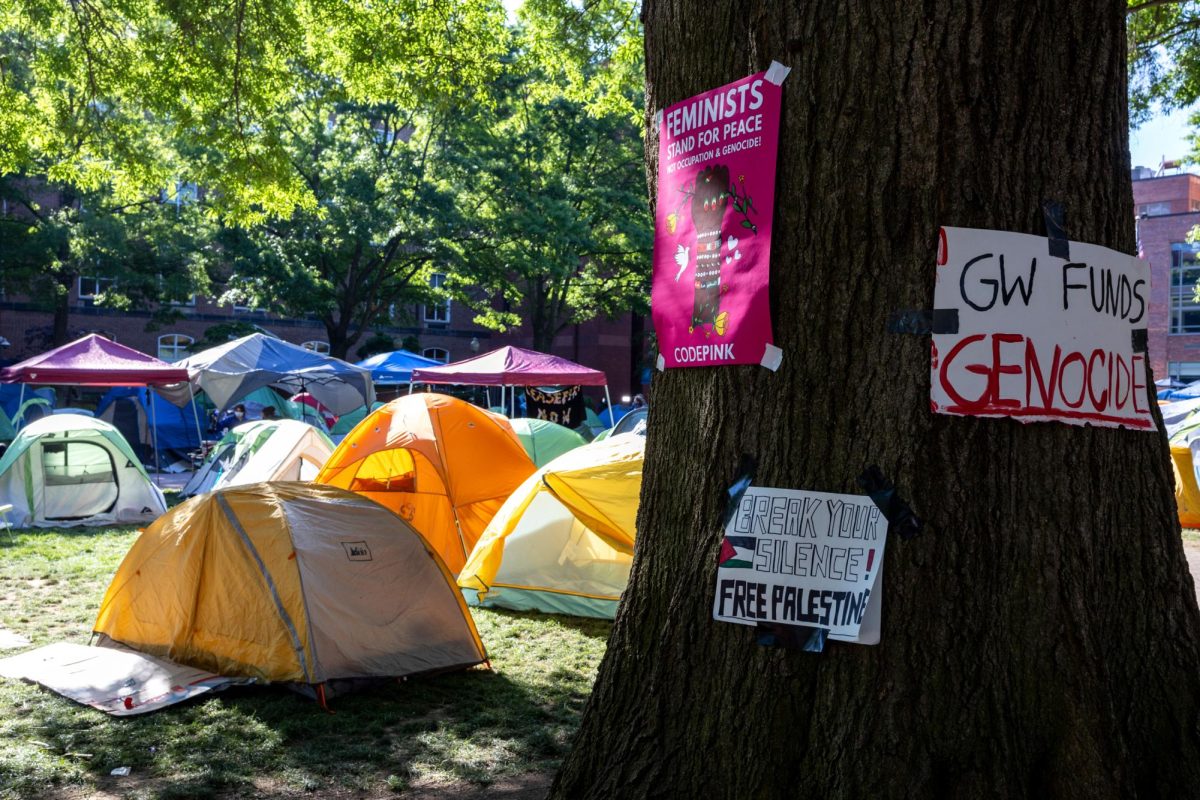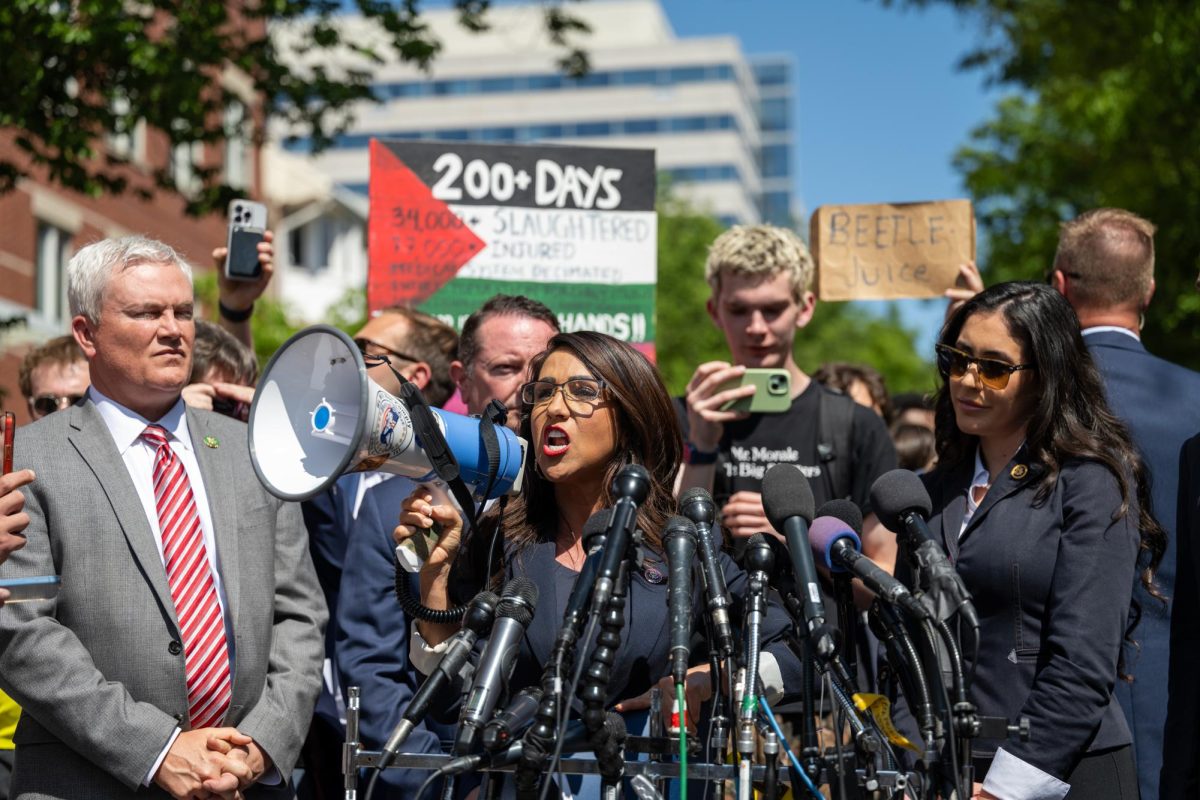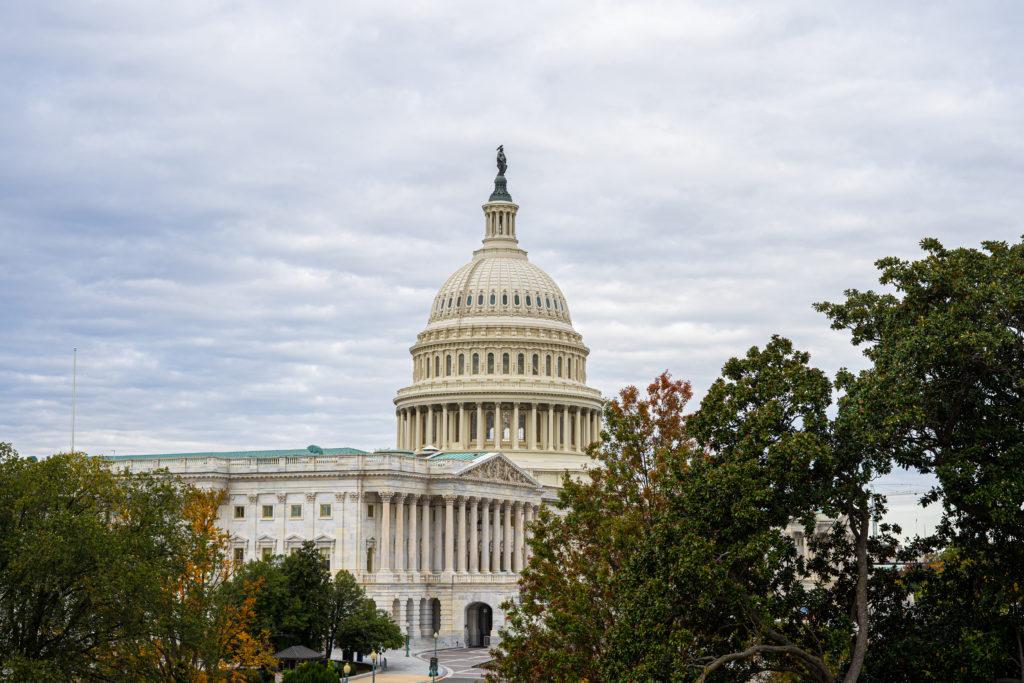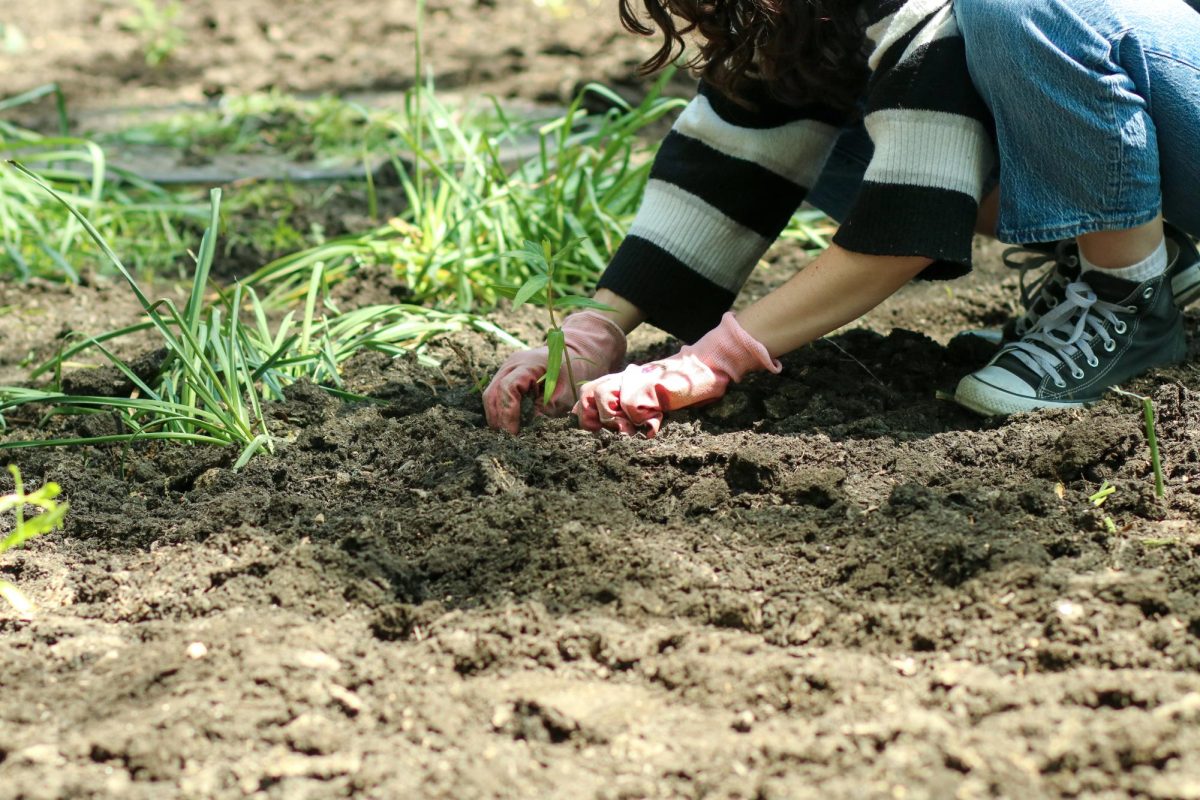A student organization working to support students with disabilities is rebuilding its campus presence with educational events and meetings with officials after more than a year of inactivity.
Members of the Disabled Student Collective have hosted informative events and separate meetings with Disability Support Services and its general body this fall to reestablish a supportive space for students with disabilities after the group’s hiatus. Leaders of the organization said they hope their return will educate all students on campus about how to make GW a safe space for students who have a disability.
Madison Jennings, a senior and the president of DSC, said the organization remained dormant during the past academic year because many members are immunocompromised or were considered “high risk” for serious illness from COVID-19 infection. She said the organization now incorporates educational events, including one about etiquette around people with service dogs, so the entire GW community can learn how to support students who have disability.
Jennings said reviving the group’s campus presence has been slow because notifying students about the organization and how to get involved has been a time-consuming process. She said organization leaders are working to create a safe space for students to discuss issues they face on campus, like ableism and shortfalls in the services DSS provides for the disabled community.
“When you’re not receiving the support that you need as a disabled student, your academics often suffer and that’s not fair,” she said.
Jennings said organization leaders are working to schedule weekly meetings with DSS to discuss how to teach professors appropriate language when speaking about students with disabilities and how to provide proper technology to make campus more accessible for students. She said e-board members bring action items and issues to the DSS office to address concerns within the organization so officials can properly address them.
She said administrators should have provided more support for students with disabilities after the University shifted to virtual operations with potential solutions like teaching professors how to enable features like closed captioning on Zoom to make online platforms accessible for students with disabilities.
“DSC wasn’t receiving support from the University, whether that was through org help or counselors who didn’t pay attention to the disabled community during the pandemic.” Jennings said.
Maddie Billet, a sophomore and the underclassman representative for DSC, said members and students outside the organization have mentioned campus safety concerns when reaching out to her to discuss issues with DSS. Billet said that after spending the past academic year learning and staring at each other through a screen via Zoom while living in isolation, students with disabilities need a full community to support them now more than ever.
“Now that it’s all normal that we’re all physically here, it’s nice to see this community that’s informed that we all talk and have the support system that’s physical and actually getting things done with DSS,” she said.


